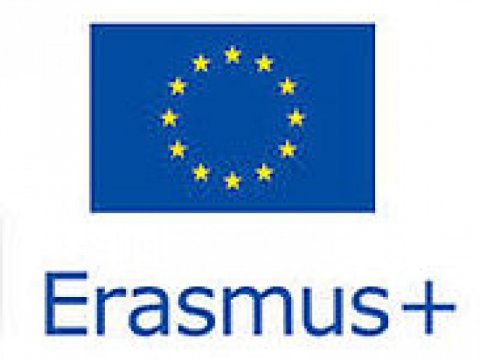October 02 through October 13, 2017 the Fifth International School on Software Engineering was held under Erasmus+ PWs@PhD Project in the University of Rostock (Germany). More than 30 postgraduates and employees of 10 universities from 6 countries took part in this school. Sixrepresentatives of the School of Electrical Engineering and Computer Science of South Ural State University were among the school attendees.
The delegation members included Director of the School of Electrical Engineering and Computer Science Gleb Radchenko, Associate Professor at the Department of System Programming Pavel Kostenetskiy and Senior Professor at the Department of Information Security Vlada Zhernova, as well as 3 postgraduates (Ksenia Nikolskaya, Vladislav Yashin and Andrei Averin) from the Departments of Electronic Computing Machines and Information Security.
Within the framework of the school devoted to software engineering models and modeling the leading scientists of Germany and Belgium delivered their lectures. The main focus was on developing models of business processes and creating of user interface for software.
The delegation members share their impressions:
“The most memorable were our visits to the school and scientific laboratories of the University of Rostock. The scientific laboratories are equipped with all sorts of computer hardware and various sensors. For instance, in the laboratory dealing with development of a new way of communicating at teleconferences 12 Kinect sensors and several high-speed cameras are mounted at different angles. Using all these sensors the scientists reconstruct movements of speakers communicating via videoconferencing in three-dimensional space, and can make changes in the view angle of an interlocutor on a full-wall multi-media screen. As a result you get a feeling that both interlocutors are located in one and the same room,” says Associate Professor at the Department of System Programming Pavel Kostenetskiy. “Another laboratory, which is as interesting, is equipped with dozens of sensors detecting people moving in the room, its floor and ceiling are peppered with these devices.Moreover, we took a look around the lecture rooms with state-of-the-arts equipment, which students study in. We witnessed interesting approaches to organization of school space, which can be replicated at our University.”
.jpg)
Postgraduate of the Department of Electronic Computing Machines Vladislav Yashin notes that a visit to a Software Engineering Center in the city of Schwerin impressed him very much, and the presentation delivered by the Center’s employees was very interesting and insightful.
“Thanks to my participation in this school I have broadened my vision of user interface, of its layout, of interesting non-mass innovations,” recalls V. Yashin. “Many of the lectures were interesting and memorable. I will use much of the obtained knowledge in research studies and work, such as, for instance, the procedures on paired review and assessment of a decision before implementing it. Undoubtedly, the experience of listening to lectures in English is quite a valuable one.”
“A settlement of a successful academic networking may be considered another important result,” believes Ksenia Nikolskaya. “The school gave us an opportunity to meet such Information Security scientists as Professor Clemens H. Cap and Professor Thomas Mundt. It was interesting to take a look at the German model of teaching of Information Security courses, and appreciate their projects. Within the framework of the school it was decided to create a joint research in one of the priority fields, namely research on blockchain technologies.”
.jpg)
The next School on Software Engineering under Erasmus+ PWs@PhD Project will be held at the University of Central Lancashire (Great Britain) in February of 2018.




